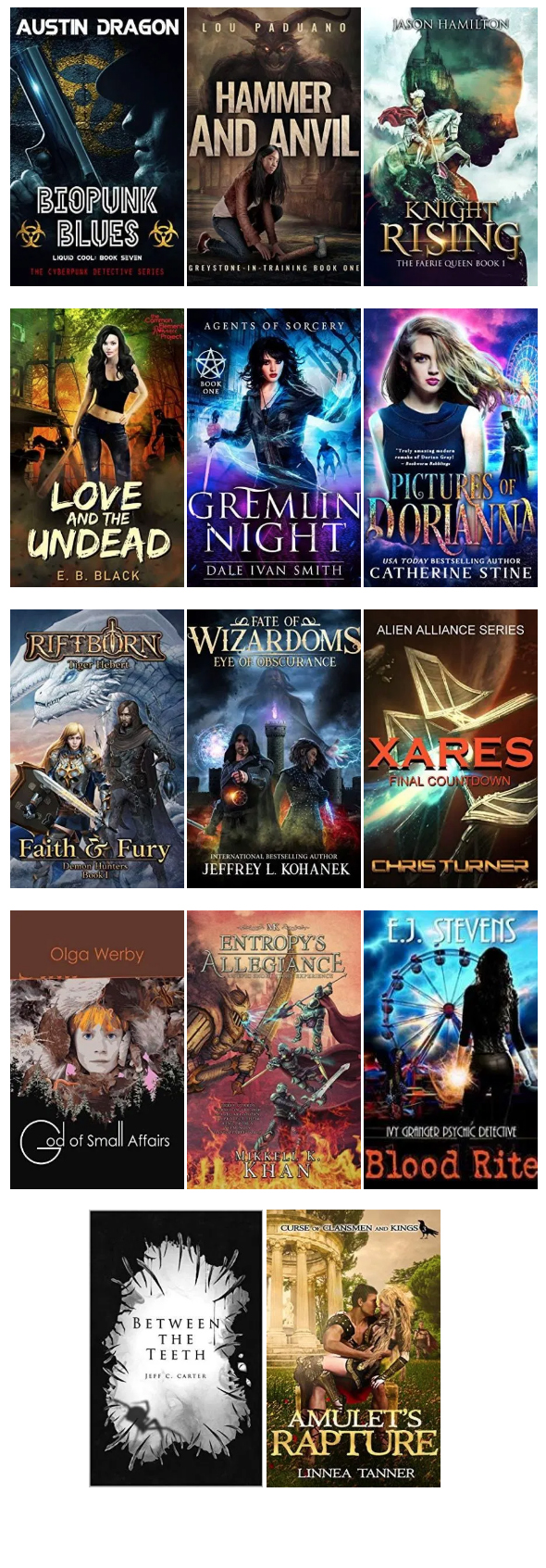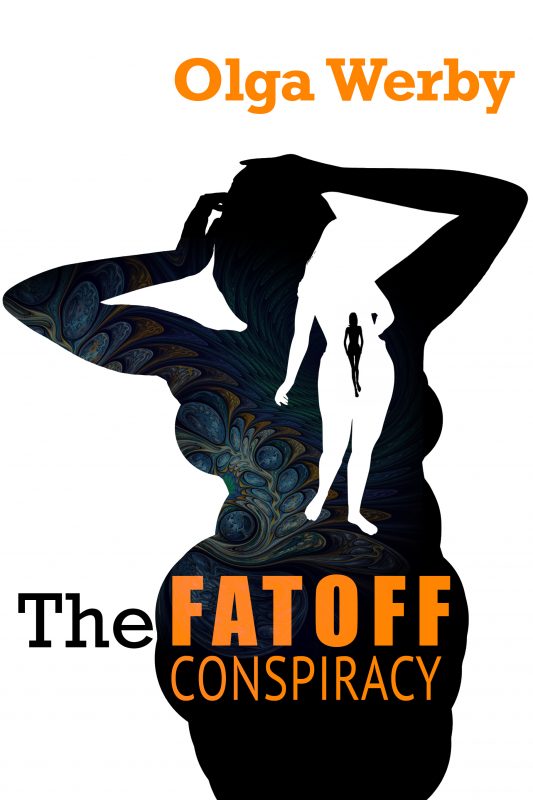
We are quickly falling into Fall. Warm sweaters, blankets, and books. But why bother with books when there is so much other entertainment around? Netflicks, HBOs, Amazons of the world are eager to grab hold of our eyeballs and never let go. It’s great for their bottom line. In 2017, the American Time Use Survey (Bureau of Labor Statistics) said that according to their survey, the number of Americans who read for pleasure had dropped by 30% since 2003. Who has the time, right? I hear that a lot too. “I’d read, but I have kids…I commute…I work long hours…I read at work…” There are many excuses. The one that most people don’t typically mention is that it is much easier to plump on a couch and watch something on TV or to simply play on one’s cell phone (for those who no longer own a TV). But reading is an active activity, while watching videos is passive. Cognitively, that makes a huge difference.
Consider a piano. About 100 years ago, most households in America (middle class) had a piano in their parlor. Everyone learned to play a little bit. People could read music and play it off a sheet. There was a time when one couldn’t walk down the street in the evening and NOT hear piano music emanating from houses along the way. That didn’t mean people played piano professionally, it just meant that a generation of Americans learned to relax and have a good time with that musical instrument. People played a little at parties, sang together around the piano, socialized with their neighbors to the music they shared and made together. Sounds a bit utopian, but it was a form of common entertainment. And to participate, one needed to learn how to play music. That was the ticket to fun parties. Today, most of those pianos are giant rotting behemoths that cost too much money to even dump at the dump. People socialize differently. Now, we can play any song ever written at a touch of a button…if we can remember the artist’s name (and even when we can’t–there’s an app for that).

The ability to look at written musical notation, then to translate it into sequential key taps, and then to actually push those keys in the right sequence and rhythm is hard…and now is mostly a lost art among the general population. But it is not just the ability to play music on a piano that has been lost. The mental work required to do all that and do it well enough to have others recognize a tune was valuable. Math is partly about pattern recognition. It’s not an accident that Albert Einstein was also a talented musician (he played the violin). In fact, many mathematicians and theoretical physicists play musical instruments. There is a link between those abilities. And when kids don’t get exposed to that, they don’t benefit from the cognitive growth that comes from learning to make music. And we, as a society, have suffered a great loss.
Same with reading. I should say: even more so with reading. Language mastery is not all one great thing. There are receptive language skills–our ability to understand spoken and written language. And there are expressive language skills–our ability to speak coherently and to communicate using written language. While related, these skills are obviously very different. Babies learn to understand speech before they can produce words themselves (it takes time for the tongue to master the necessary moves). Kids learn to read before they learn how to write. Human communication is predicated on our skills with receptive language. If we can’t understand information–it might be delivered to us at a wrong pitch, or in too small a font, or at too fast a rate, or in a wrong language, or at a wrong discourse level–we are left at a disadvantage to those who are fluent. Those who have problems with receptive skills are more likely to be taken in by telephone scams, more likely to be ignored by doctors, more likely to be denied access to financial help. The list goes on and on. Language makes the world go round, and if you don’t have the skills, you’re left behind.
But there’s more. Not only do we receive information from outside in a form of a linguistic data stream, we also speak to ourselves inside our minds–that internal dialogue is an essential part of being human. We “talk” ourselves into making decisions, we “talk” ourselves OUT of doing bad or stupid deeds. We continuously prepare inside our heads for difficult conversations to come–we practice what we will say. Those with poor language skills suffer in life and disproportionately call prisons home.
So how do we learn to develop great language skills? Well, education is part of it. But not all of it. Exposure to complex thought expressed in words is essential to developing thinking skills. But TV shows are written for someone with six-grade education language skills. The same is true for most newspapers (the threshold is even lower for the news delivered via online news sites). Facebook discussions? Text messages? Twitter? Where in our lives do we get to see superb use of language? One of the only readily-available and cheap sources of high-level discourse is in books! Books expose us to new vocabulary in addition to new ideas. They give us cool turns of phrase. We learn how to structure sentences, not just from classroom instruction but directly through example. We learn how characters in books self-talk to themselves to get to an idea or help themselves reach a decision for action. Books give examples of how to be brave and how to deal with sorrow. They teach empathy, for when we read a story, we immerse ourselves into the world of the fictional characters and they become real to us. We feel what they feel. There is no better empathy-teaching engine than books.
And yet, Americans are not reading as much. They don’t get the necessary exposure to language and so are easy to fool. We have pundits who specialize in talking circles around us so we get confused and lose sight of real issues we care about. Sound familiar?
So read. Read more. Read for fun. Enjoy the words. Revel in the language. Doesn’t matter which language, just as long as it is complex and shows you a thing or two.
God of Small Affairs

My new book, God of Small Affairs, is finally out as an ebook. It’s about a god that lives among its people and helps them find a good path through life. It’s a dark story, but with a good ending (I think). It might be a fun Halloween read. And it will make you think, I hope.
My Book Tour
I am about halfway through my virtual book tour. There have been some fun stops. Here’s one where I talk about the music I listen to and the images I search for when I write: Bookschatter.
Here are all of my stops so far:
August 28: Rogue’s Angels
September 4: Candrel’s Crafts, Cooks, and Characters
September 11: Lisa Haselton’s Reviews and Interviews
September 18: Long and Short Reviews
September 25: Readeropolis
October 2: Kit ‘N Kabookle
October 9: BooksChatter
October 16: The Avid Reader — amazing review of “Harvest.” Made me so happy this morning!
Other Books to Read this Month on Kindle Unlimited
I always want to make sure that my newsletters and blog posts are not only about my books. So here are other new science fiction releases by other indie authors in the month of October:

And One More Thing…
To celebrate Halloween, I made my dark comedy, The FATOFF Conspiracy, free for Kindle for 5 days: October 16th to October 20th! Get it while you can…

Happy Reading!
